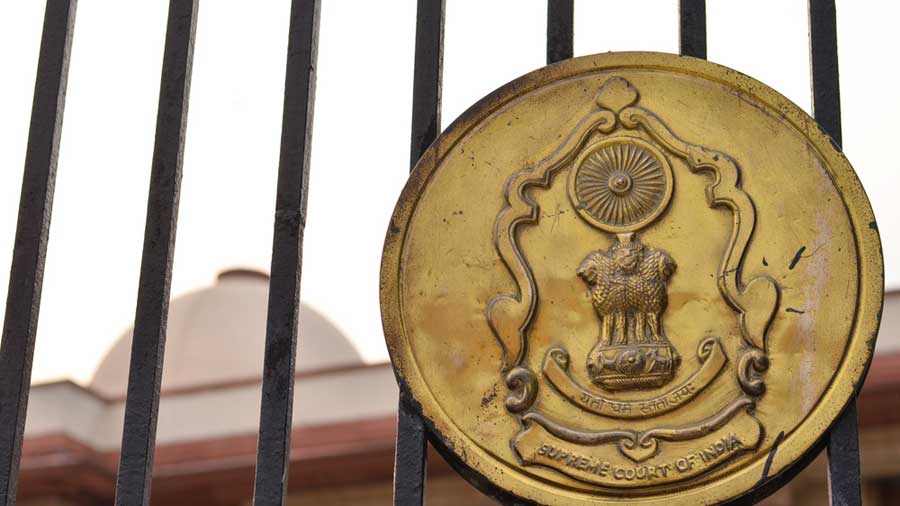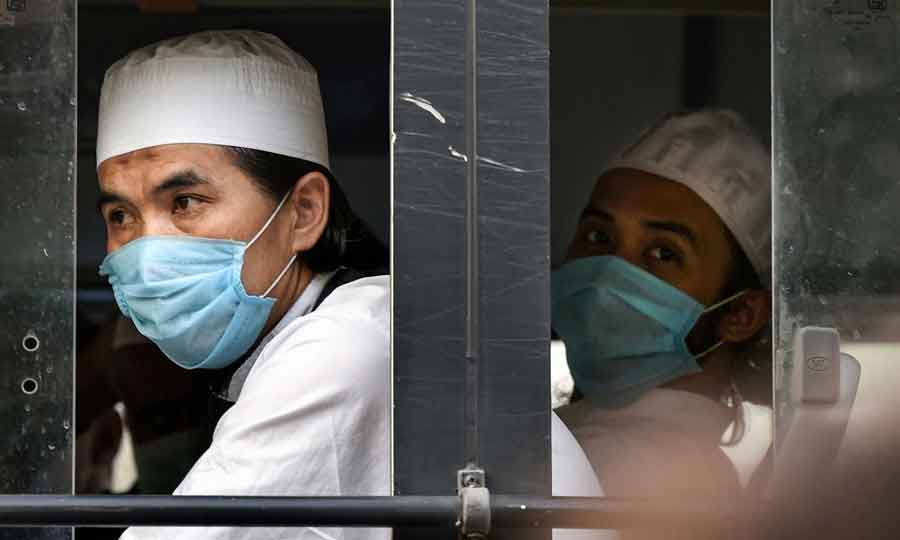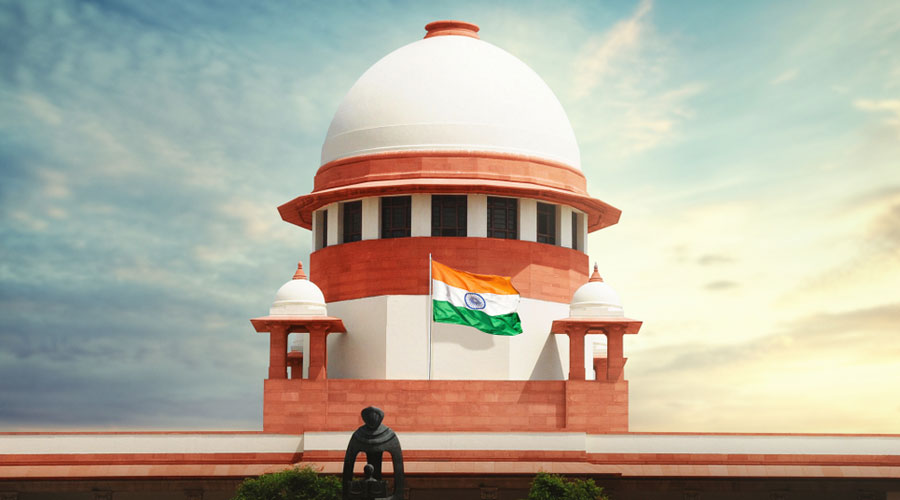The Supreme Court on Tuesday pulled up the Centre after it filed an affidavit glossing over television coverage of the Tablighi Jamaat gathering in the capital in the summer and focused largely on the print media and news portals to give a blanket clean chit to the reporting.
The court suggested that the government should consider setting up a regulatory mechanism under the Cable Television Network Act to deal with such content on news channels.
The bench headed by Chief Justice of India S.A. Bobde expressed displeasure with the affidavit, prompting the Centre to offer to file a fresh one. The matter will be heard again after three weeks.
“What is shown on TV channels is of great consequence for the country,” Justice Bobde said.
The Jamiat Ulama-I-Hind and others had approached the court alleging that a section of the media had spread communal hatred over the Tablighi Jamaat congregation during the onset of pandemic.
The Union government as well as the Right-wing ecosystem had tried to create an impression that the Tablighi delegates were primarily responsible for the spread of the virus in the country. Some television channels had used terms such as “Corona Jihad” and “Corona Bombs” and whipped up an atmosphere in which Muslims were stigmatised.
However, the Centre, choosing to selectively play the champion of freedom of expression, had filed an affidavit that confined itself to the print media and a few portals.
Based on their coverage, the Centre said the newspapers have “carried largely factual reports in this context” and online news portals undertook objective reporting.
“The media has made a clear distinction between the organisers and attendees of the Tablighi Jamaat event and the larger Muslim community in general,” the Centre’s affidavit said.
On Tuesday, the bench headed by Chief Justice Bobde, told solicitor-general Tushar Mehta, appearing for Centre: “We are not happy with the reply of the central government. You have not dealt with the applicability of the Cable Television Networks Act and the legal regime concerning this…. First, you did not file a proper affidavit and then you filed an affidavit which did not deal with the two important questions. This way it cannot be done, Mr Mehta.”
The bench includes Justices A.S. Bopanna and V. Ramasubramanian.
When Mehta, along with the Centre’s counsel Rajat Sharma, said a majority of media houses had observed sobriety and there was no communal tinge to the reports, Justice Bobde observed: “You have to tell us how you have acted under the Cable TV Act in some prior incident. We want to know the mechanism employed by you and this affidavit has nothing on it.”
The court turned down Mehta’s suggestion that the News Broadcasting Standards Authority (NBSA) be permitted to deal with violations of the provisions by the channels if any.
“Why should we refer to the NBSA etc… when you (the Centre) have the authority to look into it? If it does not exist, then you create an authority, else, we will hand it over to an outside agency,” Justice Bobde said.
The NBSA is a self-regulatory body and the concerns raised by the court can be addressed by it, the solicitor-general submitted.
The Centre has ample powers to regulate the content of TV channels but it takes a “…very cautious approach as right to free speech as a fundamental right is available to media”, Mehta said.
But the court said the Centre must create a mechanism for addressing grievances against fake news circulated by TV channels and media.
Mehta offered to file a fresh affidavit, following which the bench adjourned the matter by three weeks.
The latest affidavit filed by the Centre had stated that the government till date had issued 743 orders for blocking fake or misleading content on Covid-19 on social media.













